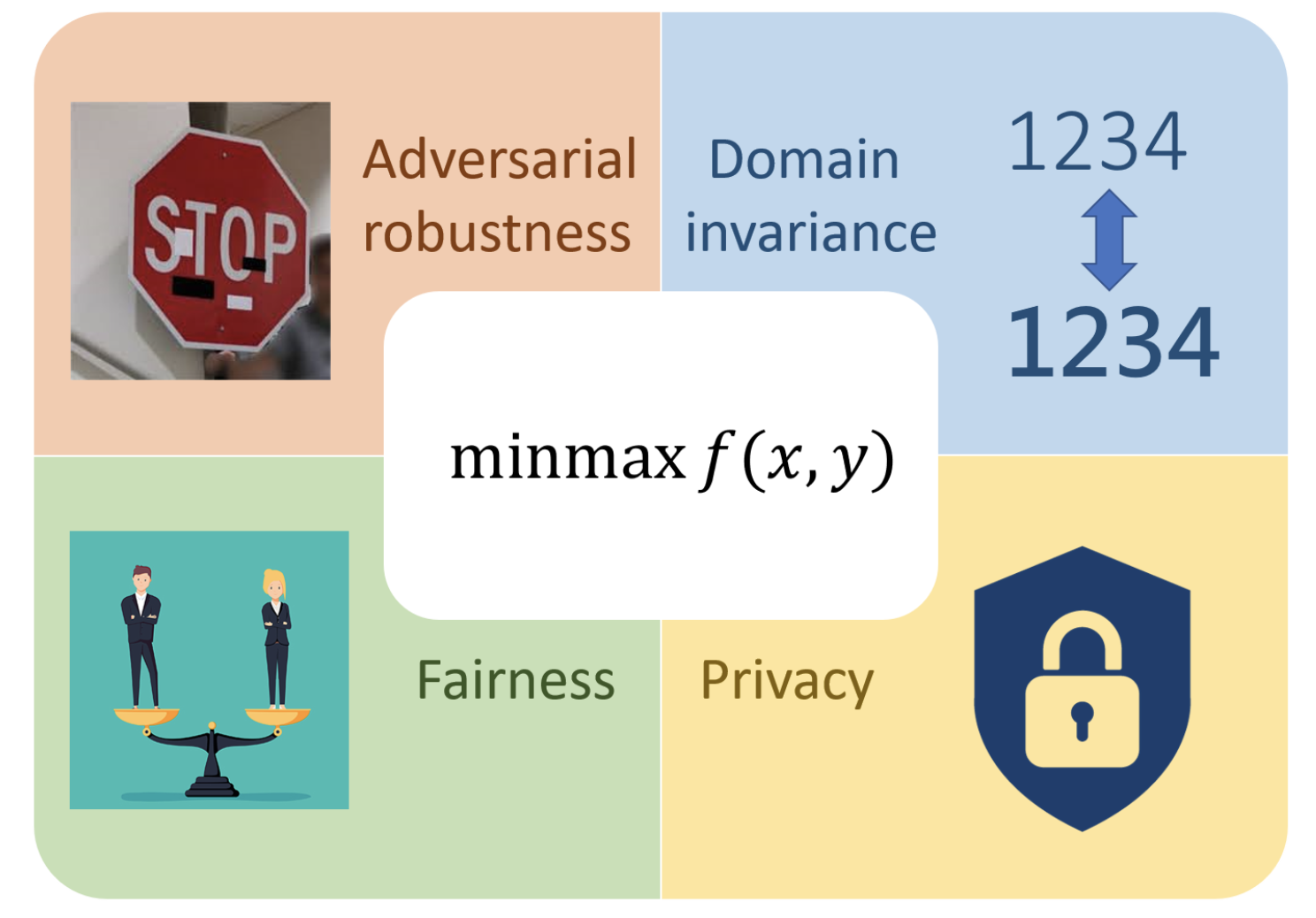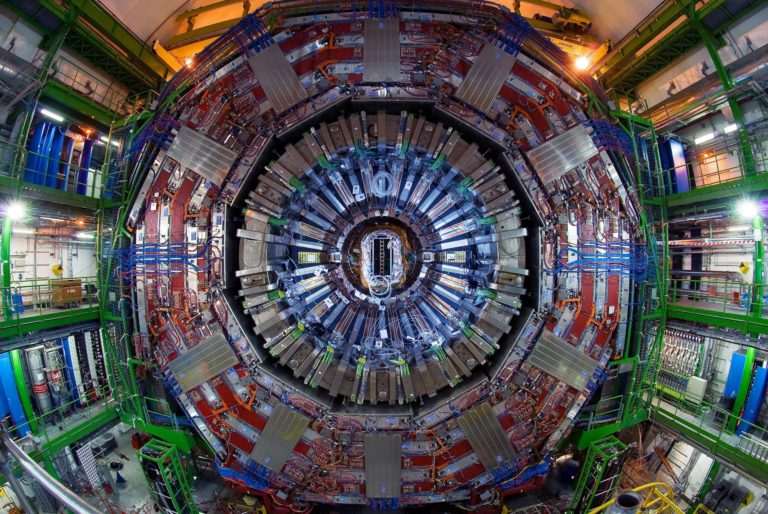LDAV 2021 Best Paper Honorable Mention
 Congratulations to Duong Hoang, Harsh Bhatia, Peter Lindstrom, and Valerio Pascucci on receiving best paper honorable mention at the IEEE Symposium on Large Data Analysis and Visualization (LDAV) for their paper titled "High-quality and Low-memory-footprint Progressive Decoding of Large-scale Particle Data."
Congratulations to Duong Hoang, Harsh Bhatia, Peter Lindstrom, and Valerio Pascucci on receiving best paper honorable mention at the IEEE Symposium on Large Data Analysis and Visualization (LDAV) for their paper titled "High-quality and Low-memory-footprint Progressive Decoding of Large-scale Particle Data."
SCI at University of Utah Accelerates Visual Computing via oneAPI

oneAPI cross-architecture programming & Intel® oneAPI Rendering Toolkit to Improve Large-scale Simulations, Data Analytics & Visualization for Scientific Workflows
[Oct. 26, 2021] - The Scientific Computing and Imaging (SCI) Institute at the University of Utah is pleased to announce that it is expanding its Intel Graphics and Visualization Institute of Xellence (Intel GVI) to an Intel oneAPI Center of Excellence (CoE). The oneAPI Center of Excellence will focus on advancing research, development and teaching of the latest visual computing innovations in ray tracing and rendering, and using oneAPI to accelerate compute across heterogeneous architectures (CPUs, GPUs including future upcoming Intel Xe architecture, and other accelerators). Adopting oneAPI’s cross-architecture programming model provides a path to achieve maximum efficiency in multi-architecture deployments supporting CPUs + accelerators. This core approach based on open standards will allow fast, agile development and support new, advanced features without costly management of multiple vendors’ specific proprietary code bases.
Democratizing Data Access
 The University of Utah’s Scientific Computing and Imaging (SCI) Institute is leading a new initiative to democratize data access.
The University of Utah’s Scientific Computing and Imaging (SCI) Institute is leading a new initiative to democratize data access.The National Science Foundation (NSF) awarded a $5.6 million project to a team of researchers led by School of Computing professor Valerio Pascucci (pictured), who is also director of the Center for Extreme Data Management in the College of Engineering, to build the critical infrastructure needed to connect large-scale experimental and computational facilities and recruit others to data-driven sciences.
Chuck Hansen Elected to IEEE Board of Governors
 Congratulations to Chuck Hansen on being elected to the IEEE Board of Governors for 2022. IEEE Computer Society relies on a fully elected Board of Governors (BOG) to drive its vision forward, provide policy guidance to program boards and committees, and review the performance of the organization to ensure compliance with its policy directions.
Congratulations to Chuck Hansen on being elected to the IEEE Board of Governors for 2022. IEEE Computer Society relies on a fully elected Board of Governors (BOG) to drive its vision forward, provide policy guidance to program boards and committees, and review the performance of the organization to ensure compliance with its policy directions.
Valerio Pascucci Wins a NASA Earth Exchange Award
 Valerio Pascucci won a NASA Earth Exchange (NEX) award entitled “A Flexible Encoding Framework and Autonomic Runtime System for Progressive Streaming of Scientific Data.” The one year, $100K award will help climate scientists study several terabytes of climate simulation datasets, manage workflows and reduce data management costs. The proposed software systems will advance the study of extreme-scale scientific data.
Valerio Pascucci won a NASA Earth Exchange (NEX) award entitled “A Flexible Encoding Framework and Autonomic Runtime System for Progressive Streaming of Scientific Data.” The one year, $100K award will help climate scientists study several terabytes of climate simulation datasets, manage workflows and reduce data management costs. The proposed software systems will advance the study of extreme-scale scientific data.
WIFIRE Commons and BurnPro3D
 Valerio Pascucci funded among WIFIRE Commons and BurnPro3D Team from the NSF. A century of suppressing wildfires has created a dangerous accumulation of flammable vegetation on landscapes, contributing to megafires that risk human life and property, and permanently destroy ecosystems. Small controllable fires can dramatically reduce the risk of large fires that are uncontrollable. BurnPro3D is a decision support platform to help the fire response and mitigation community understand risks and tradeoffs quickly and accurately to more effectively manage wildfires or conduct controlled burns.
Valerio Pascucci funded among WIFIRE Commons and BurnPro3D Team from the NSF. A century of suppressing wildfires has created a dangerous accumulation of flammable vegetation on landscapes, contributing to megafires that risk human life and property, and permanently destroy ecosystems. Small controllable fires can dramatically reduce the risk of large fires that are uncontrollable. BurnPro3D is a decision support platform to help the fire response and mitigation community understand risks and tradeoffs quickly and accurately to more effectively manage wildfires or conduct controlled burns.
Manish Parashar Named ACM Fellow
 Congratulations to School of Computing professor and Scientific Computing and Imaging (SCI) Institute director, Manish Parashar, who was named one of the Association for Computing Machinery Fellows for 2020 for contributions to high-performance parallel and distributed computing and computational science.
Congratulations to School of Computing professor and Scientific Computing and Imaging (SCI) Institute director, Manish Parashar, who was named one of the Association for Computing Machinery Fellows for 2020 for contributions to high-performance parallel and distributed computing and computational science.The ACM Fellows program recognizes the top 1% of ACM Members for their outstanding accomplishments in computing and information technology and/or outstanding service to ACM and the larger computing community, according to the organization. Fellows are nominated by their peers.
SCALE MoDL: Advancing Theoretical Minimax Deep Learning: Optimization, Resilience, and Interpretability
 Congratulations to Bei Wang on her new NSF Award, SCALE MoDL: Advancing Theoretical Minimax Deep Learning: Optimization, Resilience, and Interpretability
Congratulations to Bei Wang on her new NSF Award, SCALE MoDL: Advancing Theoretical Minimax Deep Learning: Optimization, Resilience, and InterpretabilityThe past decade has witnessed the great success of deep learning in broad societal and commercial applications. However, conventional deep learning relies on fitting data with neural networks, which is known to produce models that lack resilience.
Conversion of Utah Coal into High-value Carbon Products Sustaining Rural Economies
 The University of Utah’s Scientific Computing and Imaging (SCI) Institute and Department of Chemical Engineering have been selected by the State of Utah to develop new data exploration and visualization capabilities, create new computer modeling tools to optimize materials, and perform laboratory-scale research on methods to support innovations focused on creating new solid carbon products made from Utah coal.
The University of Utah’s Scientific Computing and Imaging (SCI) Institute and Department of Chemical Engineering have been selected by the State of Utah to develop new data exploration and visualization capabilities, create new computer modeling tools to optimize materials, and perform laboratory-scale research on methods to support innovations focused on creating new solid carbon products made from Utah coal.
U Part of World’s Ultimate IT Team
The world’s most important scientific facilities, from the CERN Large Hadron Collider to the National Radio Astronomy Observatory, deal with massive amounts of data every day that are mined, stored, analyzed and visualized. It’s a colossal task that requires help from the top minds in data management to handle.
 |
| The CERN Large Hadron Collider in Switzerland is one of many of the world’s most important scientific facilities and research projects that will get help from team members from the University of Utah’s School of Computing and five other universities on how to best manage their scientific data. |
So the National Science Foundation (NSF) is turning to expert computer scientists from the University of Utah’s School of Computing and five other top universities, to help these facilities and other research projects manage their data in faster and more affordable ways.
